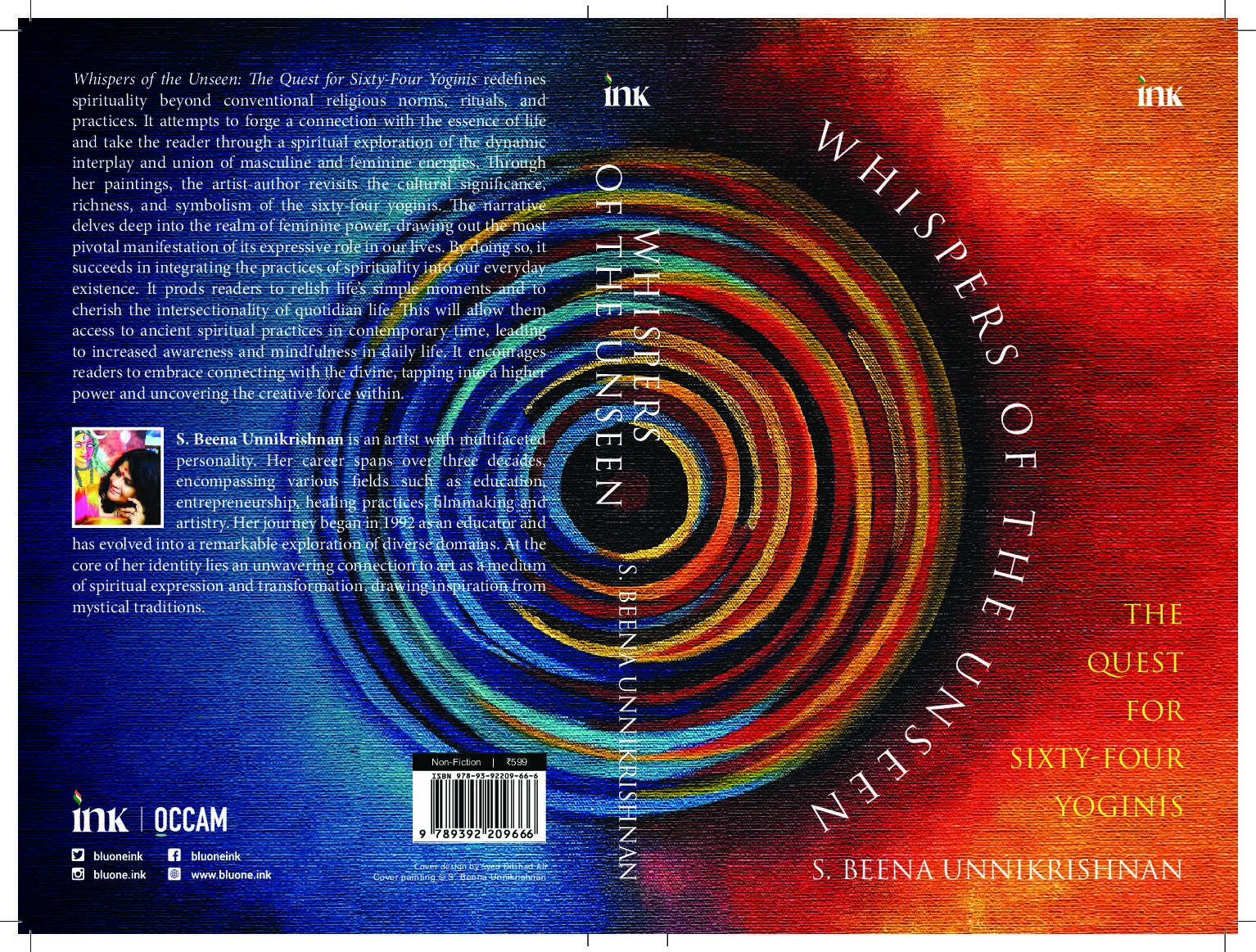No investment in EV batteries despite PLI Scheme
Govt says that almost entire domestic demand of advanced chemistry cells is still being met through imports
THC Bureau | August 8, 2023 5:52 pm

Minister of State for Heavy Industries Krishan Pal Gurjar
At present, investments in manufacturing and overall value addition for advanced chemistry cells (ACCs) are negligible in India, the government said today, adding that almost entire domestic demand of ACCs is still being met through imports.
This information was given by Minister of State for Heavy Industries Krishan Pal Gurjar in a written reply in Lok Sabha.
The energy storage based on lithium-ion batteries will help India to achieve its greenhouse mitigation targets since the basic raw material for production of electric vehicles is lithium and other critical materials, an official press release said.
In order to reduce dependency of imported ACC for electric vehicles, the government on May 12, 2021, approved a production-linked incentive (PLI) scheme for the manufacturing of ACCs in the country. The total outlay of the scheme is Rs 18,100 crore for a period of five years. The scheme envisages to establish a competitive ACC battery manufacturing set-up (50 GWh).
The Ministry of Heavy Industries has taken two major steps to boost the production of e-vehicles in the country, including public transport buses. The first is Faster Adoption and Manufacturing of Hybrid and Electric Vehicles in India (FAME India). The government notified Phase-I of FAME India Scheme initially for a period of three years commencing from April 1, 2019, with a total budgetary support of Rs 10,000 crore. The Scheme was extended for a further period of two years up to March 31, 2024.
Under FAME-India Scheme phase-II, incentives are provided to buyers of electric vehicles in the form of an upfront reduction in the purchase price of electric vehicles.
The second was the PLI Scheme for the automotive sector, which was approved on September 15, 2021, with a budgetary outlay of Rs 25,938 crore. Electric vehicles are covered under this PLI scheme.
Further, the Battery Waste Management Rules, 2022, were published on August 22, 2022, for environmentally sound management of waste batteries, including EV batteries.
The rules provide the Extended Producer Responsibility framework for producers of batteries to recycle/refurbish the waste batteries as per the prescribed timelines. The rules mandate the recyclers to recover the minimum percentage of materials from waste batteries.






























